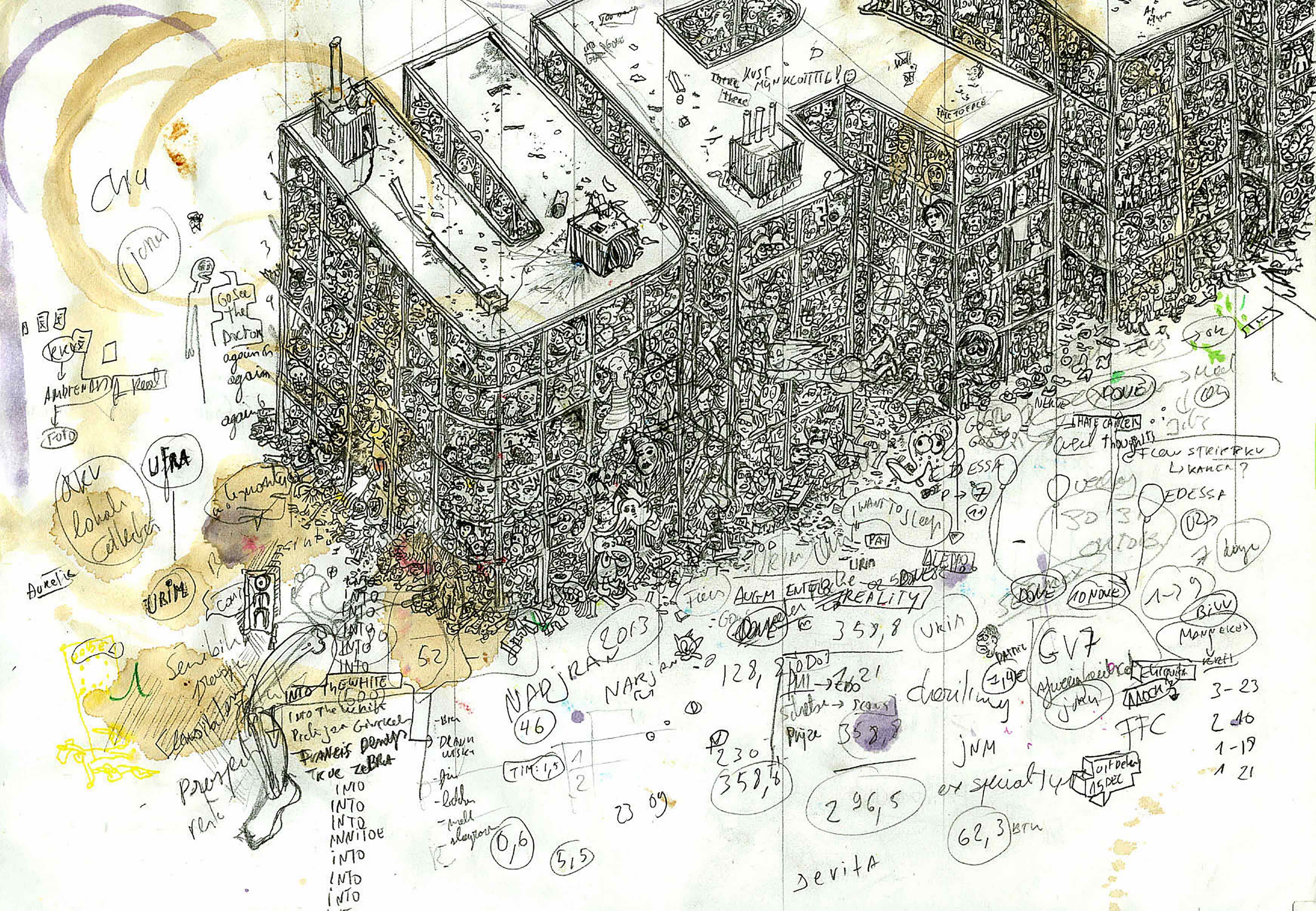The Atrocity of Representing Atrocity - Watching Kevin Carter's 'Struggling Girl'
DOI:
https://doi.org/10.58519/aesthinv.v1i1.12001Keywords:
Ariella Azoulay, Kevin Carter, Atrocity photographyAbstract
Taking Kevin Carter's famous photograph of a Sudanese 'Struggling Girl' as an example, this article shows by criticizing the work of photography scholar Ariella Azoulay who argues for an ethic, reparative spectatorship that focuses on the social encounters behind the photograph, how discussions about atrocity photography often result in moral debates: discussions that center around the social relations behind photography and blame the photographer, but do not take into account and criticize the photographic representation of the atrocity. By giving an overview of the afterlife of Carter's photograph, the articles shows how such a 'social' focus on photography, easily reaffirms the social inequalities that lies within the practices of atrocity photography.
Downloads
Downloads
Additional Files
Published
Issue
Section
License

This work is licensed under a Creative Commons Attribution 4.0 International License.
Authors who publish with this journal agree to the following terms:
Authors retain copyright and grant the journal right of first publication with the work simultaneously licensed under a Creative Commons Attribution License that allows others to share the work with an acknowledgement of the work's authorship and initial publication in this journal. Note: up to volume 4 issue 1, an incorrect copyright line appears in the PDFs of the articles.
Authors are able to enter into separate, additional contractual arrangements for the non-exclusive distribution of the journal's published version of the work (e.g., post it to an institutional repository or publish it in a book), with an acknowledgement of its initial publication in this journal.
Authors are permitted and encouraged to post their work online (e.g., in institutional repositories or on their website) prior to and during the submission process, as it can lead to productive exchanges, as well as earlier and greater citation of published work (See The Effect of Open Access).






